About Us
OUR STORY
The Beginning: A Vision for Health
In 2010, Registered Nurse Keri Baker arrived in Ollantaytambo as a medical volunteer. She developed a health program for the local non-profit Awamaki, which included clinical placements for volunteers, public health education, and nutrition support. Over the next two years, the initiative expanded to include disability awareness and fluoride campaigns.
A Turning Point: The Need for Better Healthcare
In 2011, Keri encountered a young woman who had stopped her medication due to side effects, worsening her infection to the point of being unable to walk. The lack of health education and financial barriers prevented her from seeking further treatment.
A Solution: Bringing Healthcare to the People
Realizing the urgent need for accessible healthcare, Keri initiated a mobile health clinic. Conversations with community members reinforced the necessity of on-site medical support, which laid the foundation for what would become Sacred Valley Health.
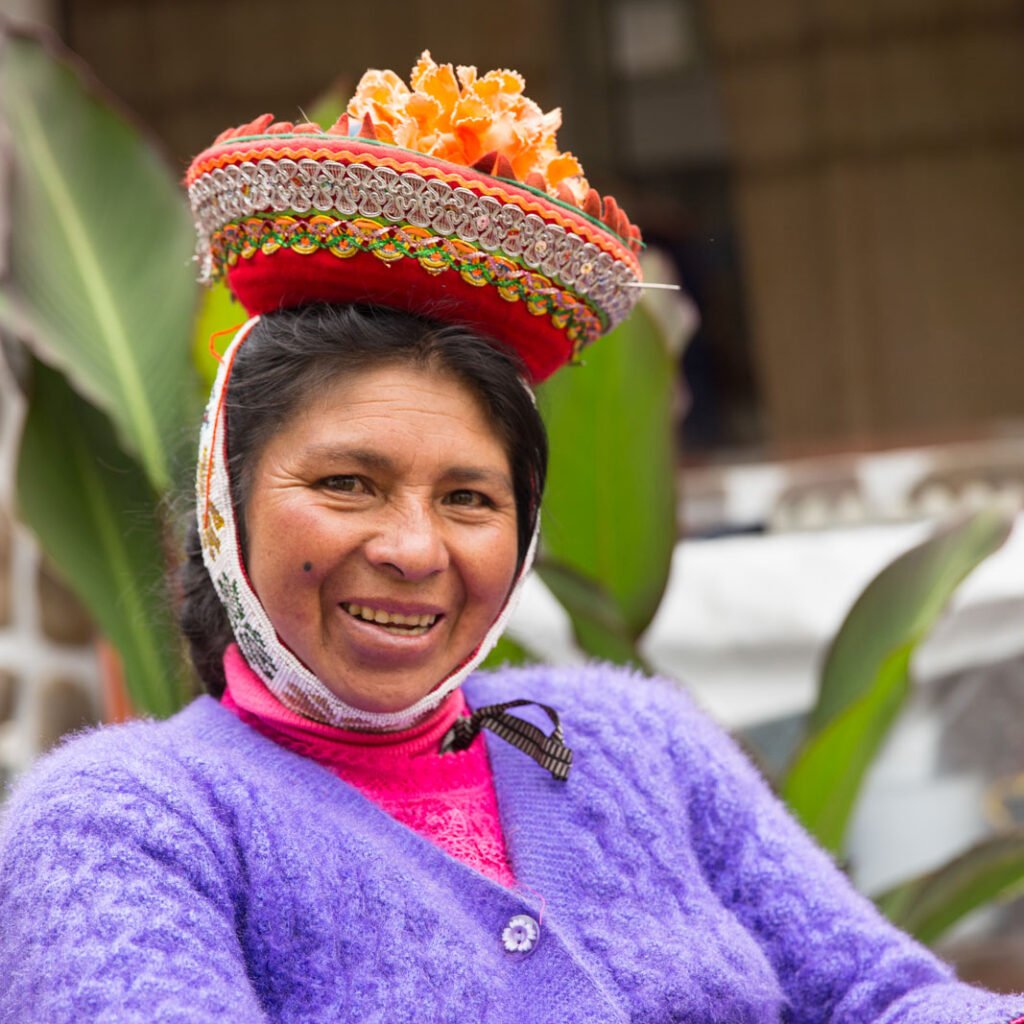
MISSION
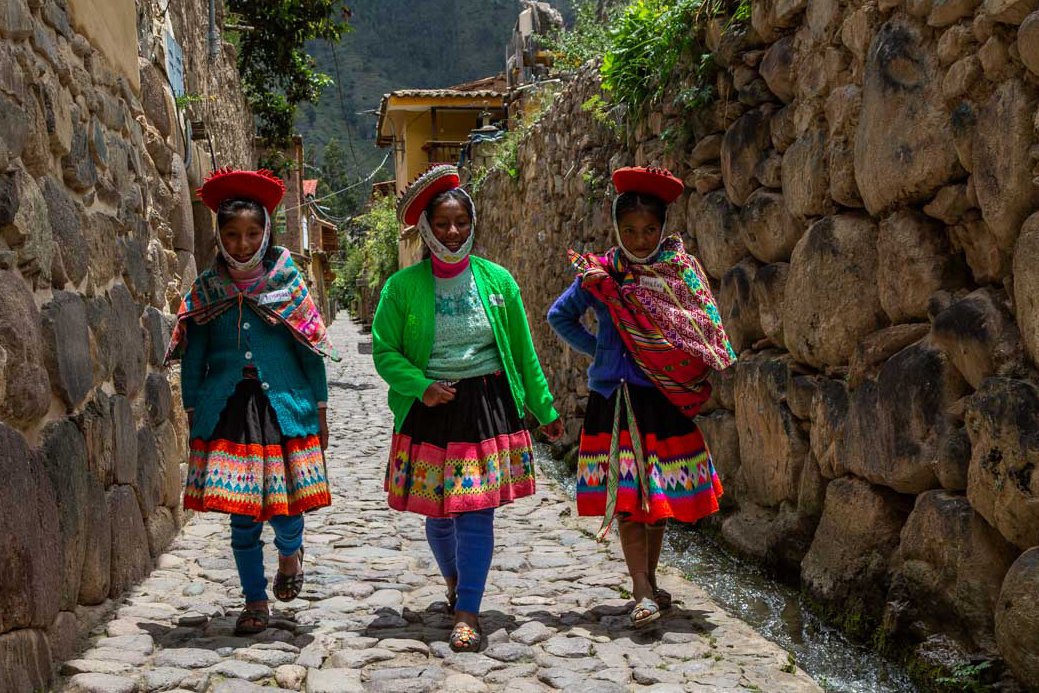
VISION
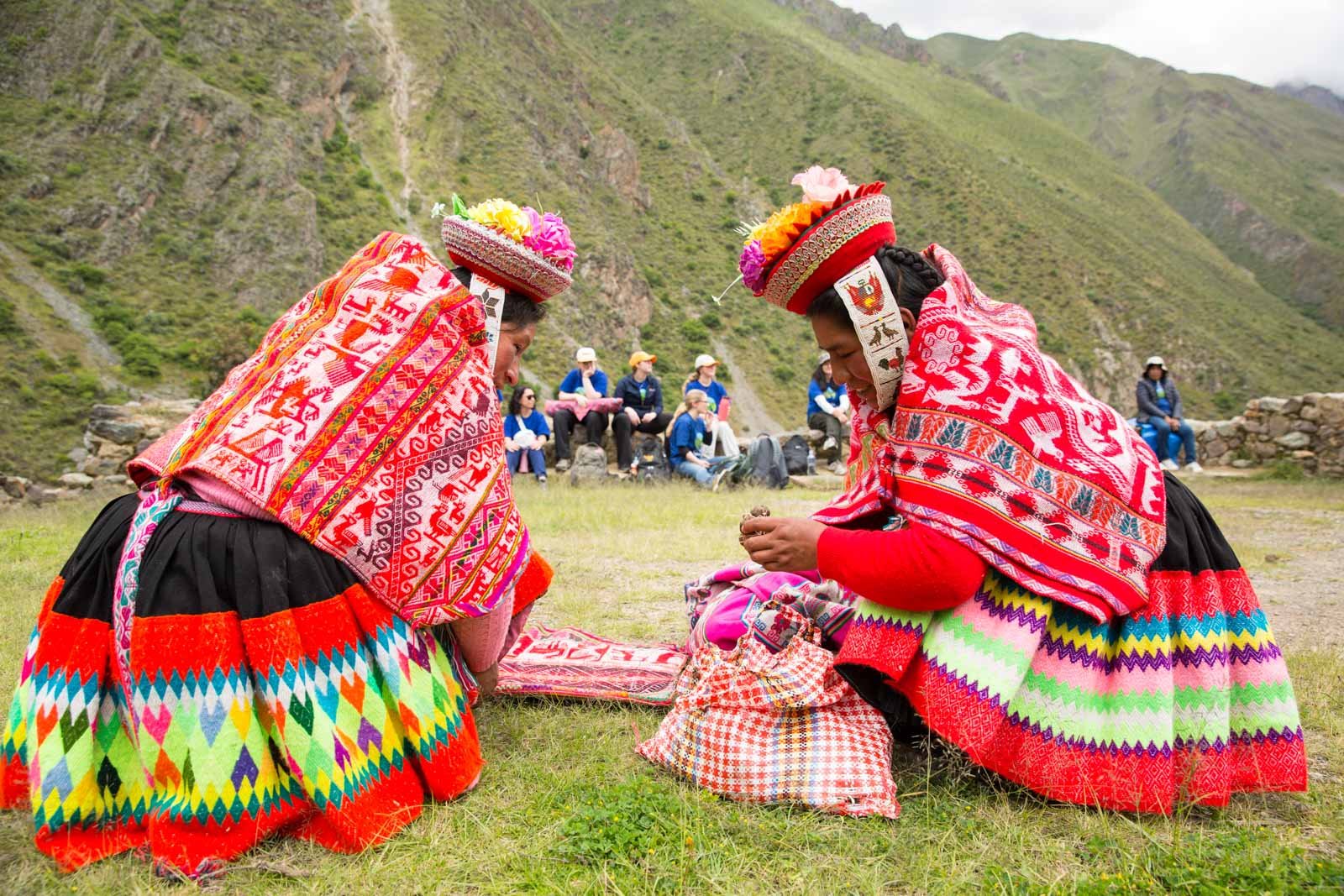
OBJECTIVES
- Empower Indigenous women through culturally relevant training and leadership opportunities in community health.
- Improve access to healthcare by connecting underserved Quechua communities to preventative services and inclusive policies.
- Promote intercultural collaboration in health systems by integrating ancestral knowledge and modern public health practices.
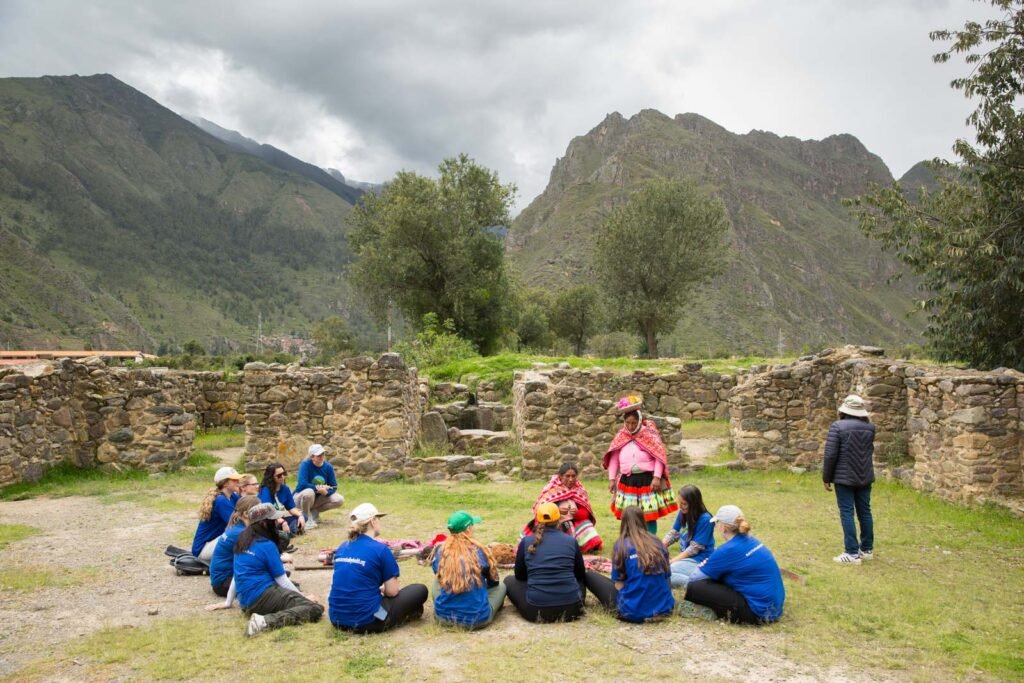
A Collaborative Effort for Better Healthcare
In 2011, Keri Baker partnered with Dr. Mark Willcox, a physician volunteering in the Ollantaytambo district. Together, they launched a monthly mobile clinic, providing much-needed medical care to remote communities. The initiative was so impactful that the local government created its own mobile clinic in 2012, inspired by their model.
Building a Sustainable Solution
Recognizing the need for a long-term impact, Keri and Mark, alongside co-founders Sarah FitzGerald and Emily Groves, shifted their focus to a community health worker program. Instead of competing with government efforts, they aimed to complement them by training local women to become promotoras de salud, ensuring healthcare knowledge remained in the communities.
Integrating Tradition with Modern Health Education
By educating, empowering, and employing local women, Sacred Valley Health bridges Western medical knowledge with traditional practices in a culturally sensitive way. The program, inspired by similar successful initiatives in Peru, continues to evolve through constant assessment and improvement, making healthcare both accessible and sustainable.
Partnering for Better Health
We collaborate with 14 indigenous communities in Ollantaytambo, Urubamba, and Huayrocondo. These villages, located 9,500 to 13,500 feet in the Andes Mountains, are rich in culture and tradition. The primary language spoken is Quechua, a legacy of Incan ancestors.
Tradition & Economy
Locals sustain themselves through agriculture and tourism, cultivating potatoes and corn, practicing ancestral weaving techniques, and working as guides, cooks, and porters on the Inca Trail.
Collaboration & Leadership
Each community is led by a Junta Directiva, which votes on whether to partner with Sacred Valley Health and elects local women as promotoras de salud. We maintain constant dialogue to ensure healthcare solutions align with community needs.
COMMUNITIES WE WORK WITH
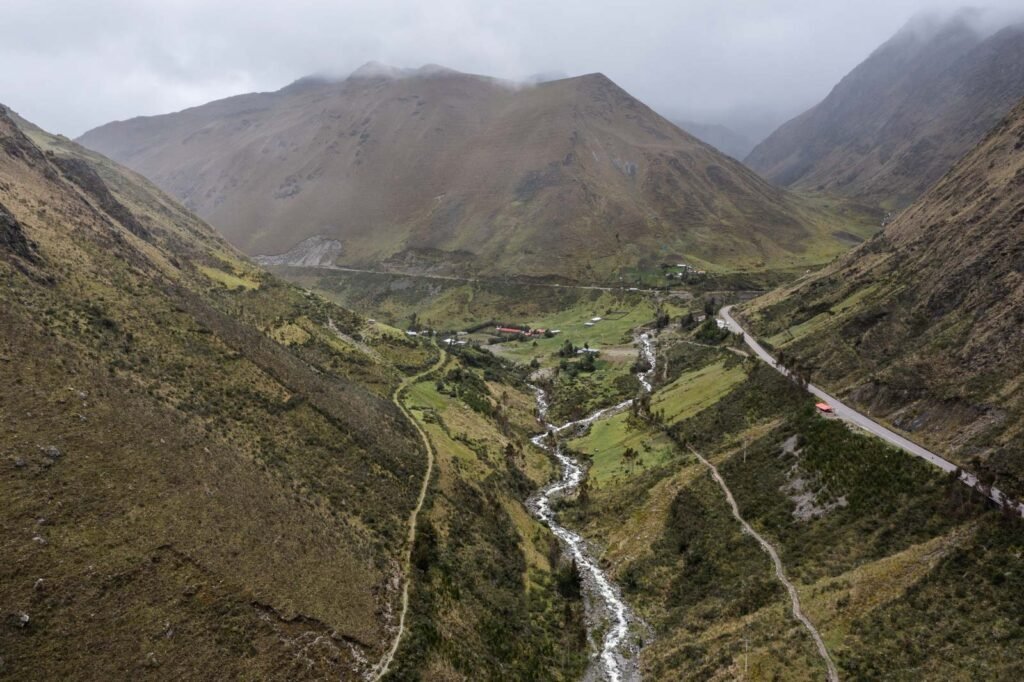
Empowering Women as Community Health Leaders
Over 93% of our promotoras are women who attend monthly trainings at our Ollantaytambo office. Each promotora takes on a leadership role, becoming a key health liaison for her community.
What Do Promotoras Do?
✔ Educate communities on preventative health and nutrition
✔ Provide basic care for minor illnesses and injuries
✔ Guide women on maternal and reproductive health
✔ Assist patients in accessing government healthcare services
✔ Conduct house visits and group presentations on health topics
Beyond Education: Creating Sustainable Solutions
As they advance in the program, promotoras develop skills to identify health problems, make use of local resources, and implement innovative solutions.
“Promotoras become their communities’ main resource for health-related information and a vital link to the government health system.”
OUR STAFF





